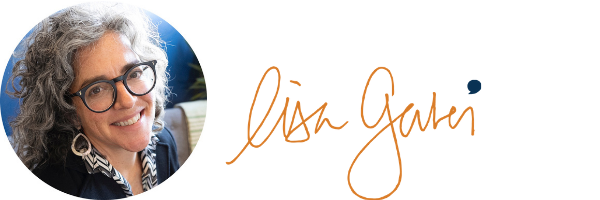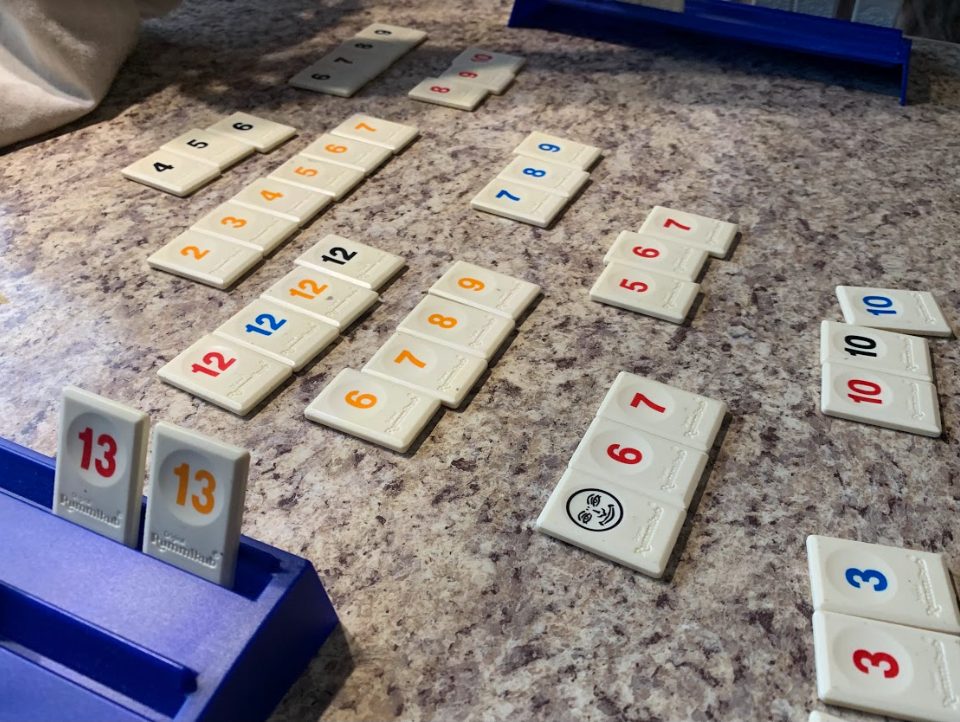I tend to misplace stuff. People who know me and are reading this now would accuse me of gross understatement. AirPods, key fob, sunglasses, Moleskine notebook… I put the bananas away somewhere for safekeeping and couldn’t find them the next morning.
“Where did I put it?” One of my favorite questions.
One hack for finding (some) things (many things are lost forever) is to stand in a different part of my office or room in which I’m searching. When looking at a room from a different angle, I inevitably, see it tucked somewhere I wouldn’t have seen from my typical location, like my office chair.
You can find solutions to problems by looking at them entirely differently.
In their book Gamestorming, Gray, Brown, and Macanufo identify randomness, reversals, and refraining as one of the ten essentials of creative problem-solving.
“By shuffling the deck, reversing the order, or renaming the familiar, you create enough space for new ideas and opportunities to emerge.”
I play Rummikub with Patrick a lot. And one of my goals is to surprise and beat him by holding all my tiles and going out at once. This is a fun strategy because it could mean he would have a ton of points in his hand, and the object, of course, is not to get points. To achieve this goal, I have to plan my runs and groups appropriately. So I set them aside instead of laying them on the table. As I pick up more tiles, I add them to existing runs. In reality, this strategy rarely works because it commits me to preconceived runs/sequences rather than adapting as I get new tiles. If instead, I break the pattern and start putting them down on the table, I get to my goal quicker. (And beat his ass)
If I stayed committed to the layout of my tiles from the start, I miss out on new opportunities as they arise.
What is a pattern you can break? Consider starting with your morning run or walk and do the loop in the opposite direction. This morning I brushed my teeth in a completely different order starting on the inside of the teeth rather than the outside. It felt entirely new, uncoordinated even. See how much it changes things.
What if you took a draft of something you’ve started or a story you tell all the time and started it in a completely different way? What would happen?
Asking “What if” is a great way to start breaking a pattern.
Just see what would happen.
It could lead you somewhere new, to see something differently, or help you get to that goal not the way you intended but might not have otherwise.
The next time you start to do something individually or as a team (possibly without even thinking or because it’s just the way it’s always been done), stop for a moment and ask, “what if…”
And see where it leads you.
Take care out there.

Some ways I may be able to help you and your team:
Need Guidance And Accountability? Take a big leap: I advise purpose-driven individuals who want to make a big change, level up their career, start a new chapter, or launch a thing. I still have a few spaces available in October for my Take a Big Leap Advisory program. Respond here, and we can schedule a time to discuss.
Help Non-Profit Team Members Level Up their Storytelling. In this three-part series, I can work with your team to help you elevate your organization’s communications and storytelling skills. Want more details? Respond here to schedule a time to talk.
Contact me for details.
Stay in touch.
Sign up for our newsletter / podcast to get emails of great stories like this.
[ssba]

Leave a Reply